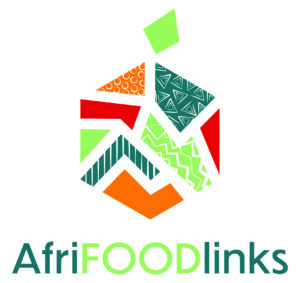Rikolto’s Good Food for Cities Program
The Rikolto Good Food for Cities program in Mbale focuses on improving food safety within the urban food value chain by bringing together multiple stakeholders. This initiative involves policymakers, regulatory agencies, city authorities, the private sector, research institutions, and civil society organizations. One of the mechanisms created under the program is the Mbale Good Food Parliament, where 80% of the members are representatives from a wide range of different municipal departments. Furthermore, through this program, the construction of 88 model food stalls encouraged market vendors to upgrade their own stalls and prompted the local government to strengthen the enforcement of food safety practices in the markets.



